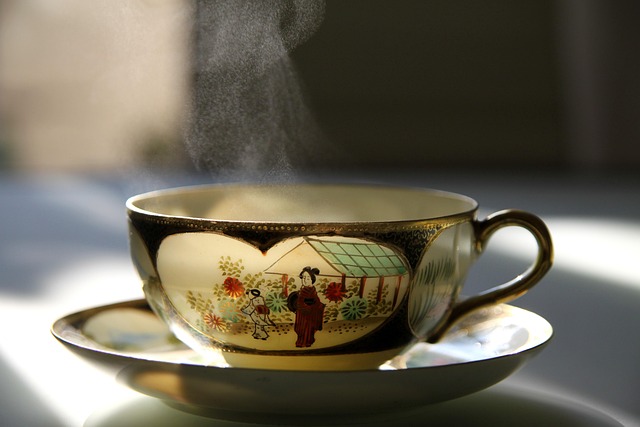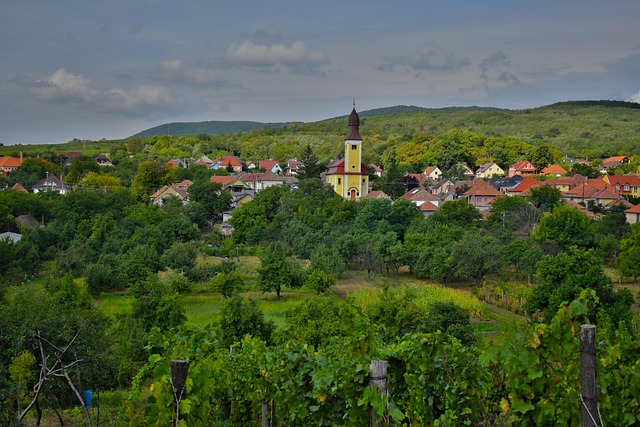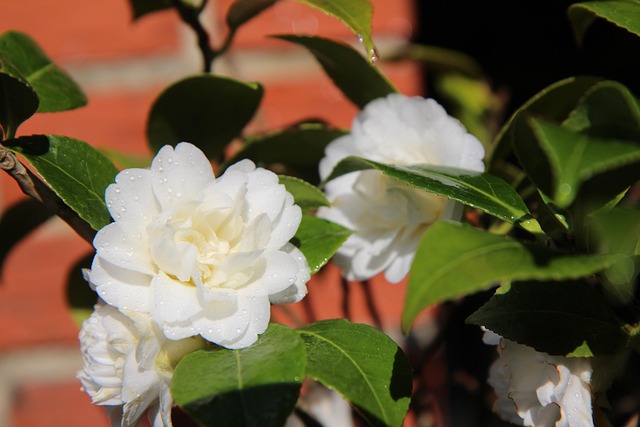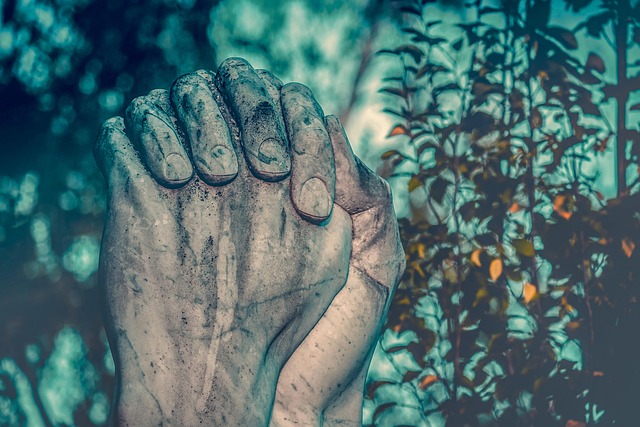Embracing Culture Through Afternoon Tea
As the afternoon sun casts a golden hue, it beckons us to take a moment of pause, an invitation that resonates deeply within the traditions of many religions around the world. Afternoon tea, a cherished practice, transcends mere indulgence in sweet and savory treats; it embodies a reflective experience, fostering relationships and celebrating holidays. This delightful pause often takes on a special significance during religious celebrations, allowing communities to come together in faith and joy.
The Essence of Afternoon Tea in Religious Celebrations
Across various cultures, religious holidays are marked not just by rituals and ceremonies but also by shared meals and communal gatherings. Afternoon tea provides a beautiful framework for these gatherings, allowing families and friends to bond over delicious delicacies and warm conversations. For instance, during Ramadan, Muslims break their fast with Iftar, which can include a delightful spread reminiscent of afternoon tea. Dainty pastries, savory snacks, and fragrant teas create an inviting atmosphere where stories and prayers flow freely.
A Festive Touch: Judaism and Afternoon Tea
In Jewish culture, holiday celebrations such as Passover and Hanukkah often feature gatherings that may include elements of afternoon tea. The tradition of sharing challah, matzah ball soup, and sweet pastries allows families to come together and reflect on their heritage. During these festive gatherings, the ceremonial lighting of candles paired with a warm pot of tea can create a tranquil environment for meaningful conversations about faith and history.
Christian Traditions: Afternoon Tea and Fellowship
Christian holidays like Easter and Christmas are adorned with their own unique afternoon tea traditions. The tradition of ‘high tea’ on Easter Sunday is a cherished moment for many. In the spirit of celebration, families often prepare an exquisite array of treats, including scones, finger sandwiches, and decorative cakes, all enjoyed with fine teas. This is more than simply nourishing the body; it’s about nurturing the spirit, offering a time for reflection, gratitude, and community.
A Personal Touch: Afternoon Tea Skills and Recipes
Preparing for an afternoon tea during religious holidays is an opportunity to showcase culinary creativity. Incorporating symbolic foods can enrich the experience further. For example, creating tea-infused cookies shaped like religious symbols can bring a playful yet reverent touch to your table. Each bite can spark conversations and reflections on the significance of the holiday, making the afternoon tea not just a meal, but a celebration of faith.
Creating Lasting Memories
The act of gathering for afternoon tea during religious holidays serves as a beautiful reminder of care and community. It fosters an atmosphere ripe for storytelling, laughter, and reflective thought. This shared experience becomes etched in memory, a timeless tradition that can be passed down through generations. As we sip our tea and share our lives, we forge connections that honor both our heritage and our beliefs.
Whether you’re observing a significant religious holiday or simply looking to create a memorable afternoon with loved ones, let the tradition of afternoon tea be your guide. Consider the rich tapestry of cultures connected through this delightful practice, and allow it to inspire your own holiday celebrations. Embrace the spirit of togetherness, high and humble, and indulge in the divine delights of afternoon tea.




